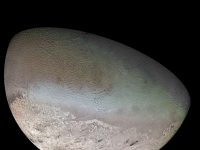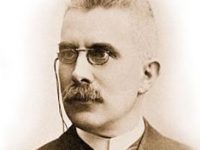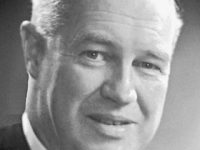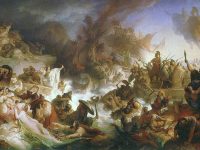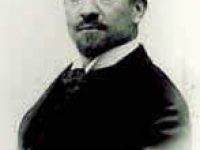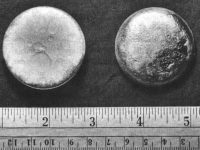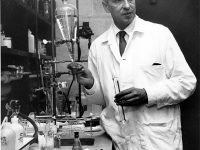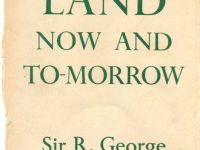William Lassell and the Discovery of Triton
On October 10, 1846, English merchant and astronomer William Lassell discovered Triton, the largest moon of Neptune, just 17 days after the discovery of Neptune itself by German astronomer Johann Gottfried Galle. Besides, Lassell also discovered Ariel and Umbriel, two moons of planet Uranus [3], as well the Saturn moon Hyperion. Triton – A very special Satellite Lassell started a brewery business about 1825, after a seven-year apprenticeship. He became interested in astronomy…
Read more

